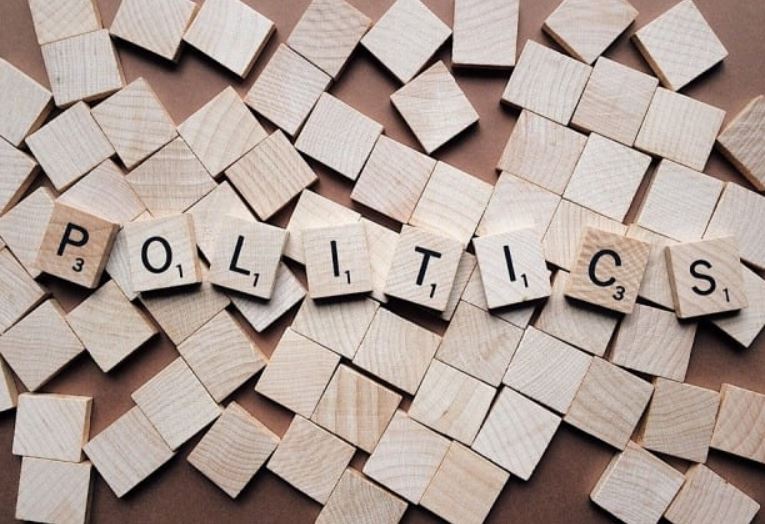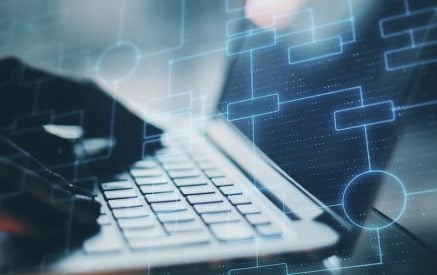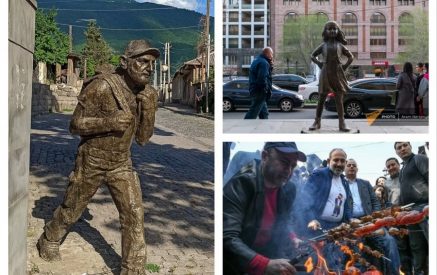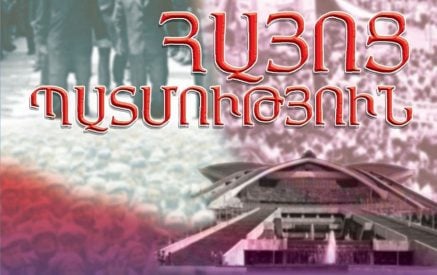But what does “politics” mean?
Self analysis – reflection, is not peculiar to every member of society. What is it? Essentially, it is a question one asks themselves – was this past action of mine right? Especially when the situation is bad, the wording of the question changes, instead we ask ourselves – am I to be blamed for the current situation? In this case reflection is not familiar to our authorities and political elite. Everyone is culpable except for them (I think all of us are aware of this attitude).
Normal, ordinary people do not suffer from self-analysis either. The cause for that might also be them not realising how tragic and disastrous the situation is. The state is about to collapse and we have lost 10 thousand sq. kilometres of our land..? So what..?
Reflection is only peculiar to the intelligent elite. And there are two extremities here. One of them is not accepting one’s own guilt again – “What could I possibly do? Nothing was up to me!”. The other extremity is when they say “All of us are guilty”, “Turns out, everything we did was in vain”… I suppose many of us felt that way after November the 9th, 2020. But both of those extremities are solely emotional. Everything has consequences – both in a negative and a positive way.
Read also
But sure, it is worth pondering on mistakes. Not for the sake of self-flagellation, but to build the future. Personally, I think it was wrong of me to write and talk contemptuously about the “politics” phenomena. We think of the phenomena as a battle between cynical, unscrupulous people over authority.
According to that notion, brutal violence, machinery and brainwashing people with populism, are used in that battle. All of that exists, of course. And that is the reason we proudly exclaim “I do not do politics!”. When people would come up to me in public and start complaining about the previous government (70 percent) or the current government (30 percent), I would usually use the mentioned argument in order to avoid the conversation – let’s not talk about politics.
Was it the right thing to do? Probably not. Politics can certainly be perceived in different ways and one of them is that it is a method to make decisions. In that case politics is a tool to solve problems with compromise and negotiations. So it is everything that opposes using violence and the struggle for authority. Bernard Crick, an English political scientist (who was the author of the first serious biography of George Orwell, by the way) named one of his works “In Defense of Politics”, where he says that politics is an action, which lets solve conflicts in the following way: pre-written rules give each party the power or resources corresponding to that party’s role in the welfare and survival of society. Naturally, Crick received criticism, noting that his theory is based on the experience of developed economies such as Britain’s, and what if the system is essentially authoritarian or monarchical?
But the British political scientist wasn’t that naive or out of touch. He saw that danger might arise even if politics was comprehended that way. He described the danger as the urge to force clarity and certainty onto everything at all costs. According to researcher, it can be expressed in forms of blind faith in democracy, fake clarity of ideologies or extreme nationalism.
I can add the overestimation of the “nation” factor to the list.
Aram ABRAHAMYAN





















































